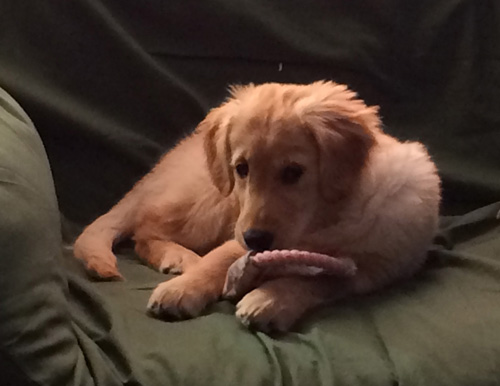Granularity
![]() We completed the read-through on the music novel, and we also took care of all the minor notes we came up with along the way. Now it’s time for everyone’s favorite game: stomp the weasels! The object is to make sure we’re not overusing the words we have learned that we have a tendency to overuse. We have a list of about three dozen(!) words, which are symptomatic of passive voice, wishy-washiness, and general wordiness.
We completed the read-through on the music novel, and we also took care of all the minor notes we came up with along the way. Now it’s time for everyone’s favorite game: stomp the weasels! The object is to make sure we’re not overusing the words we have learned that we have a tendency to overuse. We have a list of about three dozen(!) words, which are symptomatic of passive voice, wishy-washiness, and general wordiness.
Scrivener, our writing tool of choice, has some very nifty search capabilities that are making us more productive this time around. In the past, we’ve literally color-coded our entire text by doing find/paste, which is as tedious as it sounds. Scrivener saves us that hassle. For example, we can use its regex feature to quickly highlight all the -ly words, and with just a few tweaks to the regular expression we can tell it to omit things like “jelly” or “only”. We love it!
This is an interesting phase of our process, because it’s pretty much the only time when we work off the same monitor. Rather than splitting it up and each of us de-weaseling half of the book, we look at it together and discuss which instances of “that” should be removed. Sometimes it’s not as simple as keep/kill a particular word; sometimes we find whole sentences that can come out or need to be reworded. The level of magnification at this stage is much greater than on the read-through, so it calls our attention to different aspects of the text.
We’re still in the early part of this (very large) manuscript, but so far we’re quite happy to see that we have fewer weasels lurking on each page than with our earlier efforts. On the other hand, we were sort of counting on making a meaningful dent in the word count in the course of culling those weasels, which it seems might not really happen. But it is giving us an even tighter, leaner book. There are fewer weasels, but still too many. Fortunately we have our special boots for this very job.

